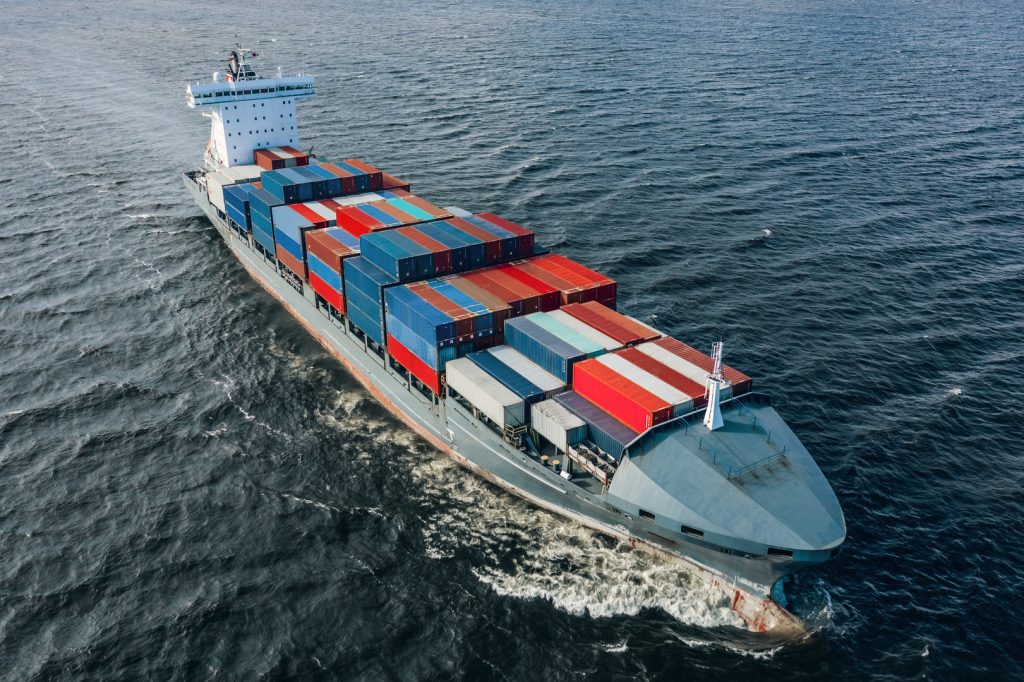

Master the essential documents in maritime shipping—from Bills of Lading to ISPS Declarations—to avoid costly mistakes. This guide helps exporters handle logistics with confidence.
In the world of international trade, ships may carry the cargo—but documents carry the deal. Before your product even touches a port, there’s a stack of paperwork that determines whether your goods move freely, get stuck in customs, or worse—rejected entirely.
Whether you’re exporting industrial machinery from the U.S. or managing complex supply chains across Latin America, understanding these maritime shipping documents isn’t optional — it’s what separates successful operations from logistical nightmares.

These documents kick off the shipping process and are fundamental to the transaction between buyer and seller.
A multi-functional document that:
➤ Tip: Whether it’s a Seaway Bill or Original B/L, this document must align with your negotiated Incoterms.
These are used during the port stay and directly influence logistics coordination and port billing.
Shows how cargo is arranged—vital for balance and efficient unloading.
Tracks how much time has been used versus what was contractually allowed. Demurrage charges can add up fast.
Cross-border trade requires transparency and legal compliance. These documents ensure your shipment clears customs smoothly.
Essential for both origin and destination countries to review the cargo’s nature and value.

Even though these apply to the vessel, your shipment depends on the ship’s full compliance.
These certificates ensure vessels are seaworthy and compliant with international safety standards.
Lack of these could get the ship (and your cargo) denied entry into port.
Shipping isn’t just about price and delivery time—it’s about trust, predictability, and compliance.
A missing declaration can delay your container or cause it to be held, inspected, or fined.
With proper documentation flows, reorders and ongoing shipments become frictionless.
Clients want reliable partners. If your paperwork is consistently on point, you become a trusted supplier.

Do I need to know every document if I hire a freight forwarder?
Not necessarily, but you’re still responsible for providing accurate inputs and reviewing final versions.
What happens if I miss a Certificate of Origin or B/L?
Your shipment could be delayed or rejected at customs, and you may lose preferential tariff access.
Are all these documents digital now?
Many are, but not all ports and carriers are fully paperless. Expect a mix depending on trade routes and regions.
In global trade, paperwork is power.
The best shipping plan in the world means nothing if your documentation isn’t in order.
Whether you’re new to international shipping or managing complex supply chains, getting your documents right is a competitive advantage. It prevents delays, protects margins, and builds client trust.
At NeedSupplier, we support your sourcing and export needs from start to finish — including getting the paperwork right the first time.

Are you facing any of these common sourcing challenges?
Need Supplier is here to help.
We specialize in supporting companies across Latin America and the Caribbean with tailored industrial sourcing solutions—especially in sectors like:
From locating hard-to-find components to managing complex purchase orders and international logistics, Need Supplier acts as your trusted partner in the U.S.
Let us help you simplify sourcing, lower costs, and strengthen your supply chain.

USA Headquarters
4651 Sheridan Street, Suite 440,
Hollywood, Florida 33021 – USA
Phone: +1 (954) 989-3530
Email: Info@firstec.net
